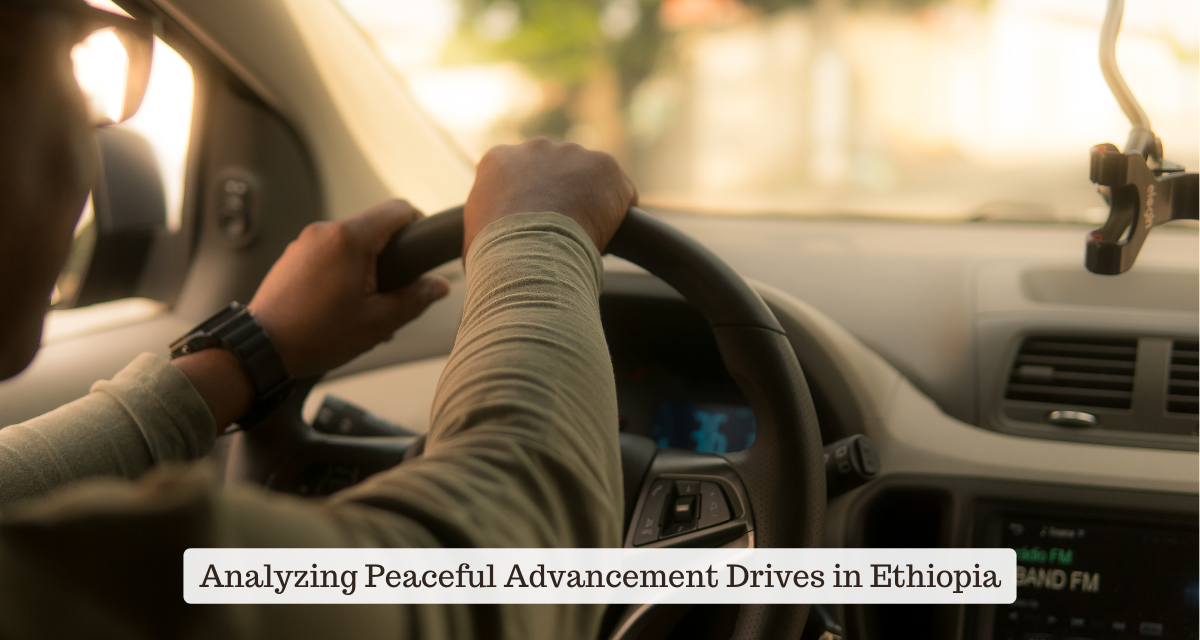Presentation
In the tough scenes of Ethiopia, peaceful networks have for some time been the caretakers of old practices and extraordinary lifestyles. In any case, they have additionally confronted various difficulties, from ecological corruption to financial underestimation. Accordingly, different drives have been embraced to encourage versatility and drive groundbreaking change inside these networks.
Verifiable Setting of Pastoralism in Ethiopia
Ethiopia brags a rich history pastoralism, with roaming and semi-traveling grouping rehearses profoundly implanted in its social texture. Nonetheless, these networks have wrestled with issues like land debasement, dry spells, and clashes over assets. Past advancement endeavors frequently neglected to address the underlying drivers of these difficulties, prompting restricted influence.
Advancement of Peaceful Improvement Drives
After some time, there has been a shift towards more participatory and local area focused ways to deal with peaceful turn of events. Rather than forcing hierarchical arrangements, drives presently focus on the dynamic association of neighborhood networks and the reconciliation of customary information with current systems.
Strength Working in Peaceful People group
Building strength among peaceful networks includes improving their versatile ability to adapt to shocks and stresses. This incorporates drives pointed toward further developing admittance to schooling, medical care, and other fundamental administrations, as well as reinforcing interpersonal organizations and conventional survival strategies.
Groundbreaking Effects
The extraordinary capability of peaceful improvement drives stretches out past simple endurance to include more extensive financial strengthening and ecological manageability. By differentiating occupations, advancing maintainable asset the executives, and protecting social legacy, these drives add to the general prosperity of peaceful networks.
Examples of overcoming adversity and Contextual analyses
Various examples of overcoming adversity outline the positive results of designated peaceful advancement mediations. From people group drove regular asset the executives tasks to creative market access drives, these contextual analyses offer significant experiences into the variables driving achievement and maintainability.
Difficulties and Boundaries
Notwithstanding progress, huge difficulties stay in the domain of peaceful turn of events. These incorporate issues connected with land residency, admittance to business sectors, and orientation disparity. Furthermore, protection from change inside a few peaceful networks represents a boundary to the reception of new practices and innovations.
Strategy Proposals
Tending to these difficulties requires a diverse methodology that incorporates strategy intercessions at different levels. Key proposals incorporate the requirement for all encompassing and comprehensive advancement techniques, reinforced institutional help, and the advancement of participatory dynamic cycles.
Future Headings and Open doors
Looking forward, there are various chances to additional improve the effect of peaceful advancement drives. Utilizing innovation for economical land the board, fashioning key organizations, and engaging ladies and youth are only a couple of roads for driving positive change inside peaceful networks.
End
All in all, peaceful improvement drives in Ethiopia hold gigantic potential for cultivating versatility and driving extraordinary change. By embracing local area focused approaches, outfitting customary information, and tending to fundamental financial difficulties, these drives can add to the drawn out prosperity and supportability of peaceful networks.
FAQs:
- How do peaceful improvement drives add to natural supportability?
- Which job do ladies play in peaceful turn of events?
- How could innovation be utilized to help peaceful networks?
- What are a few key difficulties looked by pastoralists in Ethiopia?
- How might policymakers guarantee the manageability of peaceful advancement mediations?









